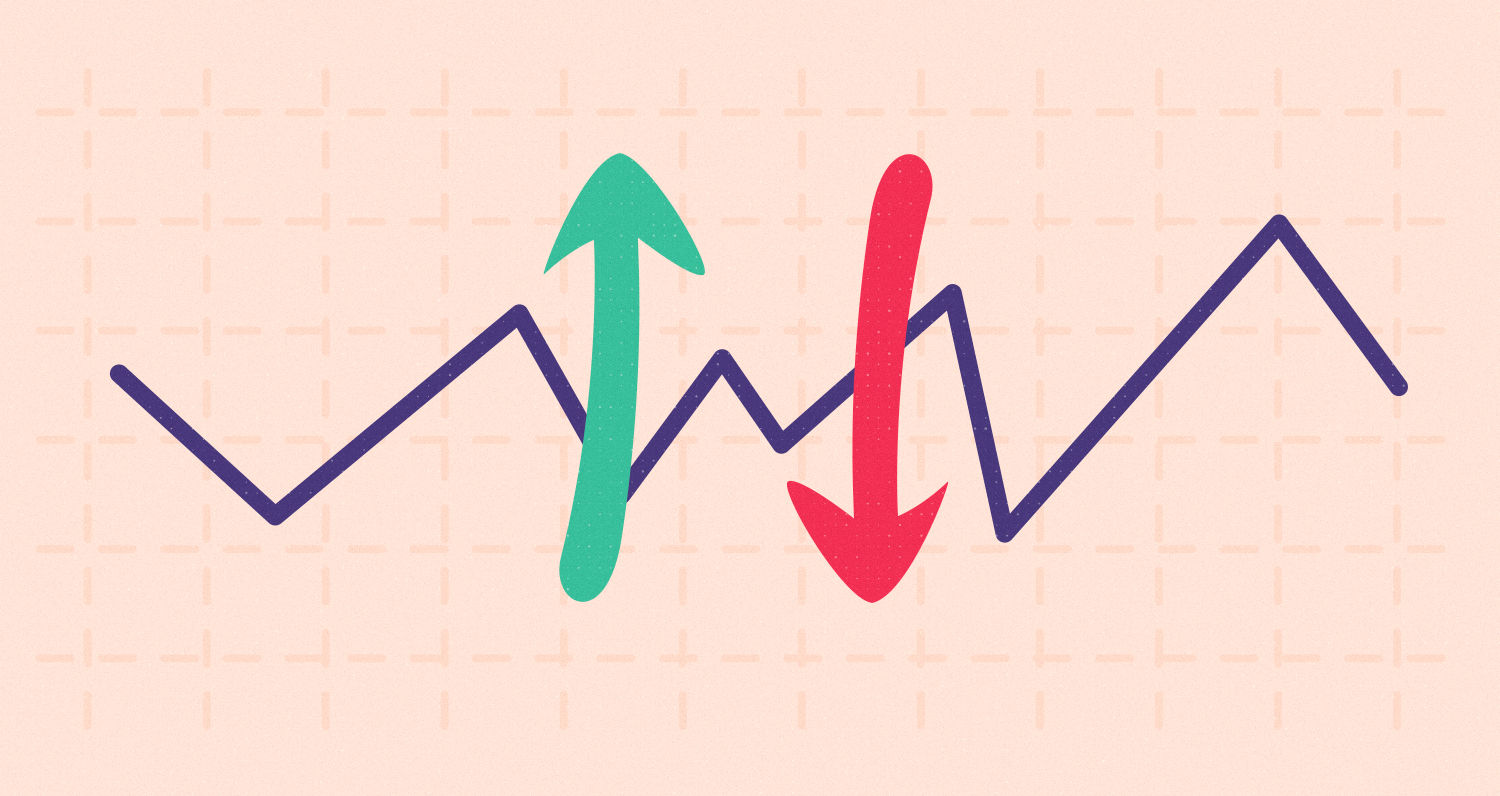You know how it’s difficult to get honey out of a jar? It’s dense, it’s sticky, it comes out in slow drips. If you wanted to move honey from one container to another, it would take quite a while. It’s way harder to pour honey than water, which can be instantly transferred from one container to another.
In finance, the term “liquidity” has nothing to do with liquids, but it does have to do with transferring things from one form to another. Instead of trying to transfer a physical substance from one container to another, we may want to transfer value from one asset to another. Just like highly liquid substances are those that can be transferred easily, highly liquid assets are assets that can easily be converted into cash, without losing any of its value. Some assets are highly liquid, while others are illiquid.
Liquid & illiquid assets
Cash is the most liquid asset of all. Cash is the universal medium of exchange, meaning that any type of asset can be bought or sold with it. It can move quickly, and none of its value is lost when it is exchanged for other assets. In our example, cash is like water.
Other assets are highly liquid because they can be quickly converted into cash. Gold is one such asset. It is a commodity, meaning that each weight of gold is exactly the same as any other, plus there is a huge market for it. In fact, nearly 1,000 tonnes of gold are bought and sold every day on the London market alone. These two characteristics–the fact that all gold is the same, combined with the size of the market for gold–make it easy for buyers and sellers to connect and agree upon a price. The whole process can be done in a matter of minutes.
Other assets are illiquid, meaning it is harder to move them from one form to another. In our example, they are similar to honey.
Real estate is one example of an illiquid asset. The market for real estate is very different from the market for gold. Unlike gold, each piece of land is unique. This makes it hard for sellers to find a buyer who wants the exact piece of land they have to sell. It also makes it harder for buyers and sellers to agree on a price. In the market for gold, buyers and sellers just have to look at the price that everyone else is paying per ounce, but there is no single price in the market for real estate. For these reasons, it can take months to sell land. In Egypt, for example, it typically takes one to six months to sell property.
If, for some reason, the owner of an illiquid asset needs to sell it quickly, they will have to accept fire sale prices. These are prices well below the actual value of the asset. The difference between the asset’s real value and its fire sale price is the premium the owner must pay for faster-than-usual liquidation.
Why liquidity matters
Liquidity comes with pros and cons. On the one hand, you need some liquid assets to pay for things, from your regular bills to unexpected expenses or emergencies. On the other hand, illiquid assets tend to have higher rates of return. That is, if you want to see your money grow, you will likely need to invest some of it in illiquid assets.
As you create your unique portfolio, you can distribute your money across a mix of liquid and illiquid assets. Exactly what assets you choose will depend on your expenses, risk preference, and investment horizon.










